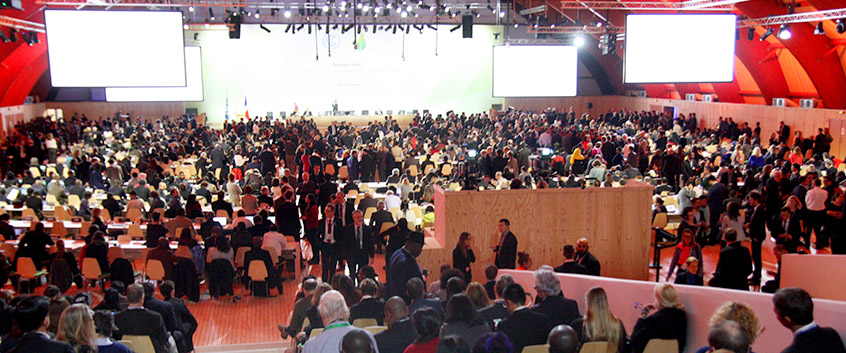
Department of Environmental Politics
Tackling environmental problems is fraught with uncertainty and social conflict, and requires transformative change across multiple sectors. Environmental policy faces new challenges because such sustainability transformations require both structural and individual-level changes that go far beyond the realm of environmental ministries. Sustainability transformations require greater engagement and cooperation across different sectors and levels - both governmental and non-governmental actors; they also require new ways of understanding and communicating complexity and knowledge. Our research aims at enhancing society's transformations towards a more sustainable world.
We understand sustainability transformations as social and political processes, which we analyse from three distinct but interlinked research topics – each reflected in a working group.
Sustainability Narratives (Sina Leipold)
The Sustainability Narratives Group is committed to (1) identifying narratives of sustainability transformations and (2) examining whether and how these narratives promote sustainability. We understand sustainability as a balance between environmental, social and economic considerations that ensures the well-being of all life forms, while acknowledging the interdependence of all living things and ecosystems. A sustainability narrative is a story that links social or physical phenomena to transformations towards sustainability. It connects people, events, and actions in a plot, thereby including, excluding, and emphasizing certain problems, solutions, and actors. Every narrative provides a ‘moral compass’ to distinguish ‘right’ from ‘wrong’.
Affiliated scientists: Prof. Dr. Sina Leipold, Dr. Diana Ayeh, Dr. Anran Luo, Leonie Büttner, Mira Kopp, Dr. Carmen Perez del Pulgar Frowein, Henry Hempel, Theresa Herdlitschka
Current projects: Themenkolleg Governance Monitor, Identifying key factors that make sustainable mobility transitions last, Parts of Future Landscapes
Transformative governance and science-policy-society interfaces (Heidi Wittmer)
Sustainability transformations and environmental policy rely strongly on knowledge and scientific evidence to create awareness and interest, generate momentum and to design adequate policies and governance arrangements. A central focus of our research has been to better understand knowledge needs of policy makers and how they acquire and exchange knowledge through different science-policy-society interfaces and co-design processes.
Affiliated scientists: Augustin Berghöfer, Miriam Brenck, Dr. Karla Locher-Krause, Christine Polzin, Salina Spiering, Ulrike Tröger, Yuanzao Zhu, Dr. Heidi Wittmer
Current projects: BioValue, HSDA, Rewild, Future Landscapes, BioFrame, GoST, Voodoo, InteractBio
Behaviour and Policy Instruments (Julian Rode)
Our research addresses how policy instruments can support transformations to a sustainable future and to achieve multi-dimensional sustainability objectives for people and nature. Our thematic expertise is on environmental policies for sustainable land use and the integration of biodiversity concerns into different sectoral policies and practice. Our ambition is to align policy instruments to the needs and decision-making contexts of target actors (e.g. farmers, local communities). A specific interest is to use the insights and concepts from interdisciplinary behavioural and management sciences to understand the motivations, capabilities, and opportunities of individual and business actors.
Affiliated scientists: Dr. Johannes Förster, Dr. Marcela Muñoz Escobar, Dr. Julian Rode, Tatiana Rodriguez, Tobias Wildner
Third-party funded projects: Future Landscapes, Bio-Mo-D, BioNET
